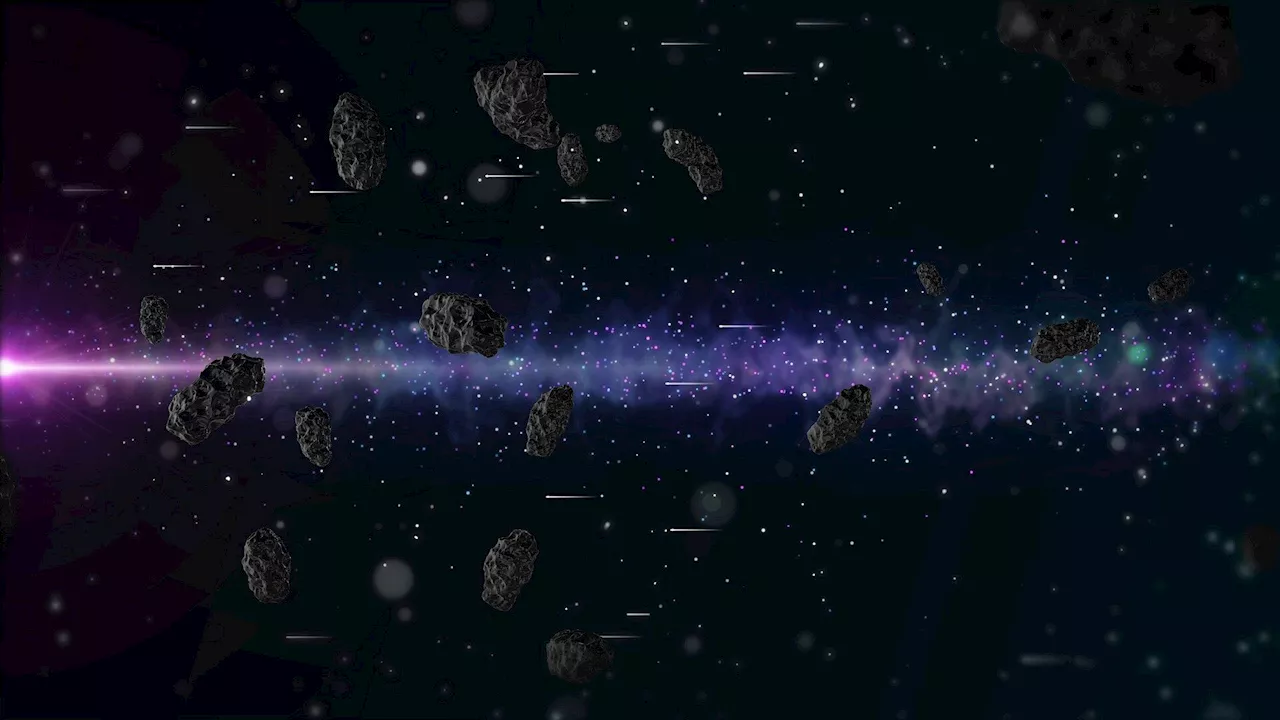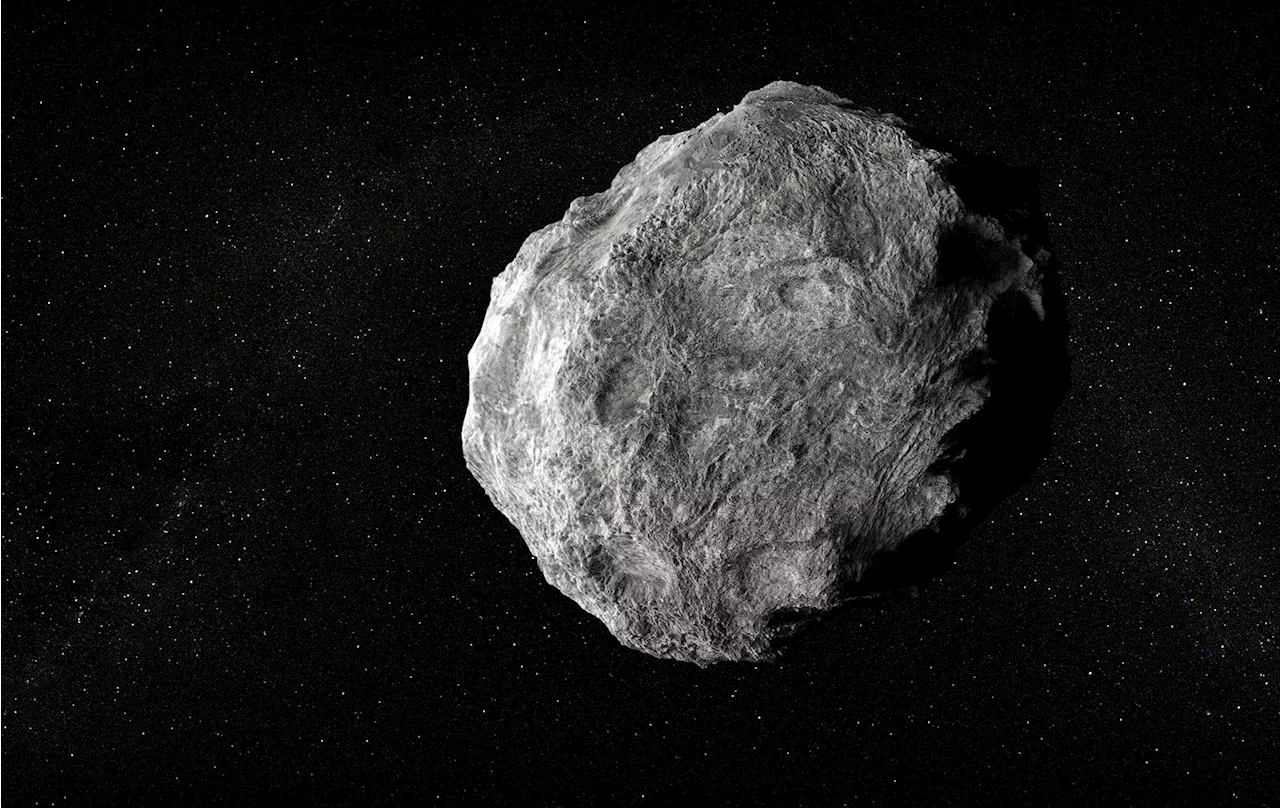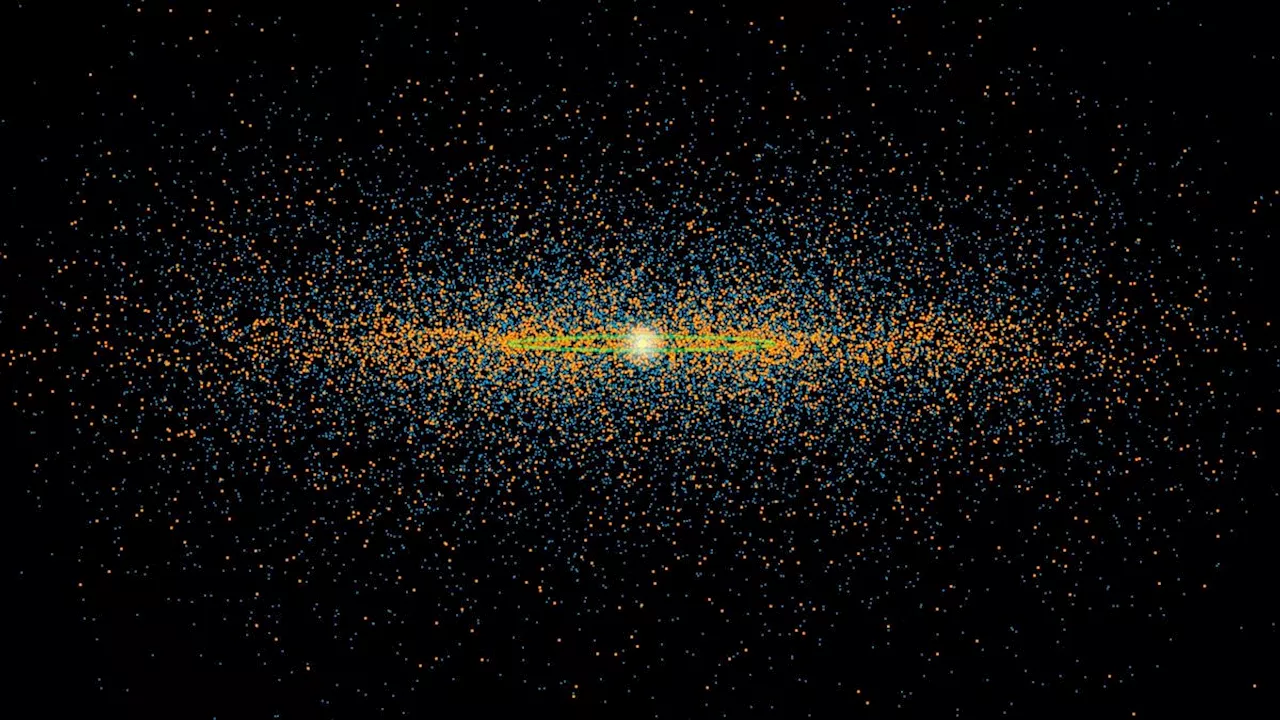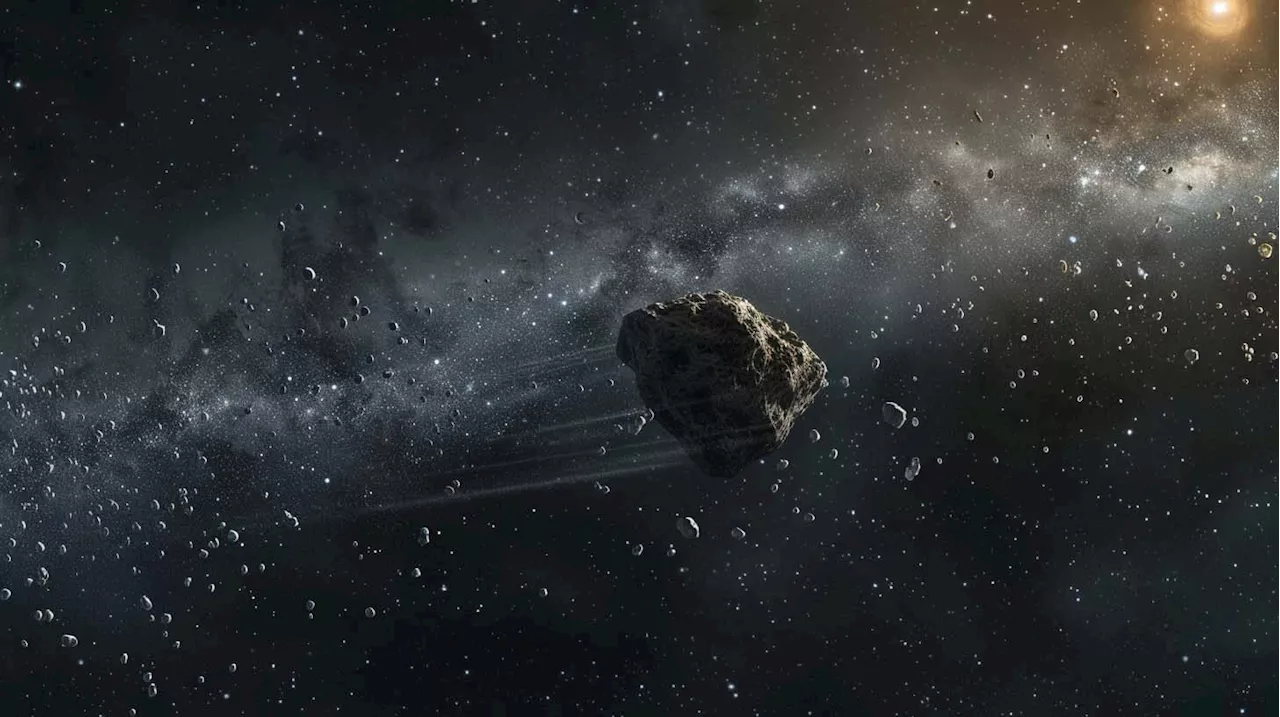The mysterious objects may be far more common than we thought and may have brought water to Earth.
In the darkness of space that surrounds Earth, a group of small, icy bodies are swarming after being expelled from the farther reaches of the solar system. The mysterious objects, which are not quite comets nor are they asteroids, could be one way that water ended up on Earth billions of years ago.
Asteroids are rocky bodies that orbit the Sun in the ring between Mars and Jupiter, they are close enough to the star for ice to turn into gas. Comets, on the other hand, are made of ice and dust. When they travel close to the Sun, their material starts to vaporize, forming a fuzzy tail known as a coma.
To determine the origin of dark comets, the researchers created models to simulate acceleration not related to gravity on different objects, tracing the path these objects would follow over a period of 100,000 years. They found that the main asteroid belt is the most likely source of objects that experience non-gravitational acceleration, and that most of the objects end up where dark comets are found today.
United States Latest News, United States Headlines
Similar News:You can also read news stories similar to this one that we have collected from other news sources.
 Astronomers suggest up to 60% of near-Earth objects could be dark cometsUp to 60% of near-Earth objects could be dark comets, mysterious asteroids that orbit the sun in our solar system that likely contain or previously contained ice and could have been one route for delivering water to Earth, according to a University of Michigan study.
Astronomers suggest up to 60% of near-Earth objects could be dark cometsUp to 60% of near-Earth objects could be dark comets, mysterious asteroids that orbit the sun in our solar system that likely contain or previously contained ice and could have been one route for delivering water to Earth, according to a University of Michigan study.
Read more »
 More Than Half of Near Earth Objects Could Be 'Dark Comets'Scientists have modeled so-called 'dark comets' as one mechanism that could have delivered water to infant Earth billions of years. ago.
More Than Half of Near Earth Objects Could Be 'Dark Comets'Scientists have modeled so-called 'dark comets' as one mechanism that could have delivered water to infant Earth billions of years. ago.
Read more »
 An asteroid larger than 99% of near-Earth asteroids will pass Earth this weekTwo asteroids will pass Earth back-to-back this week, just in time to celebrate Asteroid Day 2024. Here's what we know.
An asteroid larger than 99% of near-Earth asteroids will pass Earth this weekTwo asteroids will pass Earth back-to-back this week, just in time to celebrate Asteroid Day 2024. Here's what we know.
Read more »
 Not just space rocks: Six things we've learned about Earth from meteorites and cometsApart from the sun, its planets and their moons, our solar system has vast amounts of space rocks—fragments left over from the formation of the inner planets.
Not just space rocks: Six things we've learned about Earth from meteorites and cometsApart from the sun, its planets and their moons, our solar system has vast amounts of space rocks—fragments left over from the formation of the inner planets.
Read more »
 'Dark comets' may be a much bigger threat to Earth than we thought, new study warnsPaul M. Sutter is a research professor in astrophysics at SUNY Stony Brook University and the Flatiron Institute in New York City. He regularly appears on TV and podcasts, including 'Ask a Spaceman.' He is the author of two books, 'Your Place in the Universe' and 'How to Die in Space,' and is a regular contributor to Space.
'Dark comets' may be a much bigger threat to Earth than we thought, new study warnsPaul M. Sutter is a research professor in astrophysics at SUNY Stony Brook University and the Flatiron Institute in New York City. He regularly appears on TV and podcasts, including 'Ask a Spaceman.' He is the author of two books, 'Your Place in the Universe' and 'How to Die in Space,' and is a regular contributor to Space.
Read more »
 New study warns of ‘dark comets’ and the threat they could pose to EarthA new study has raised warnings about 'dark comets' which are hard to detect and could pose a terrible threat to Earth.
New study warns of ‘dark comets’ and the threat they could pose to EarthA new study has raised warnings about 'dark comets' which are hard to detect and could pose a terrible threat to Earth.
Read more »
